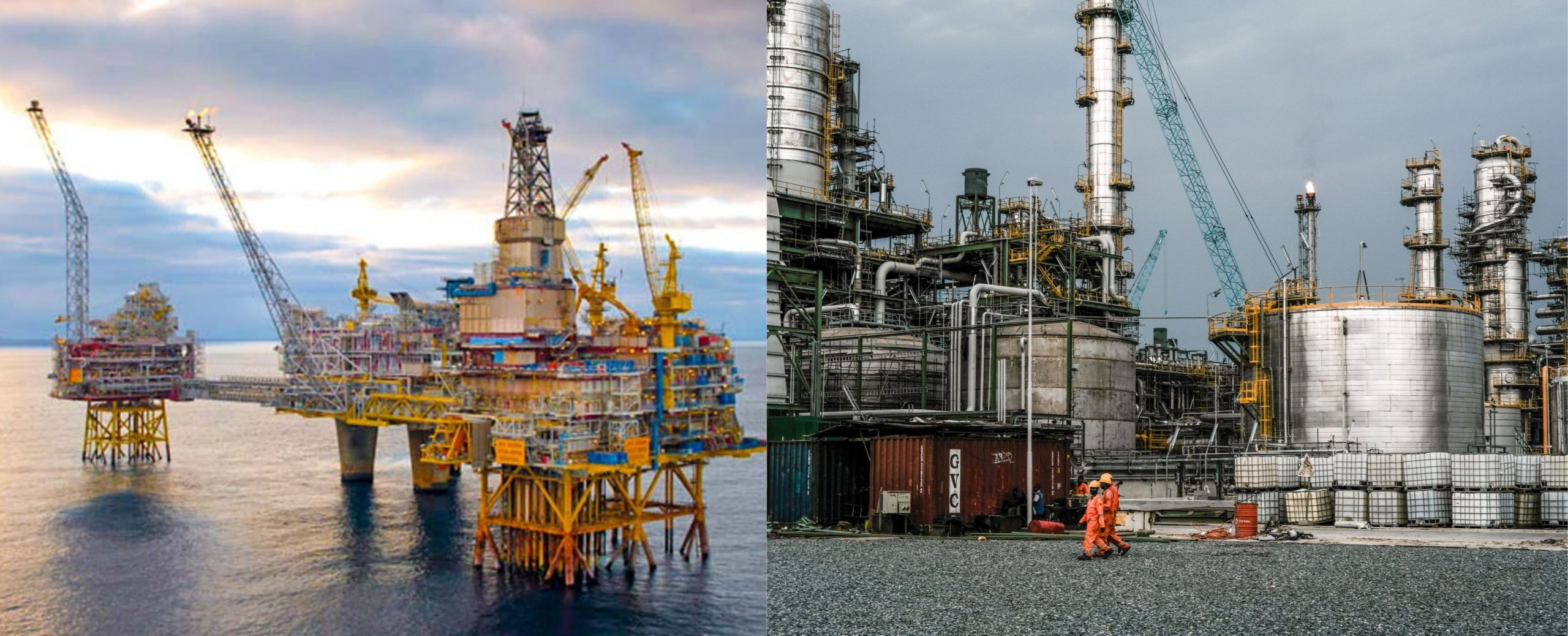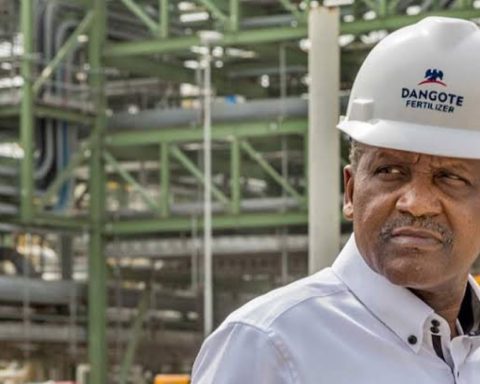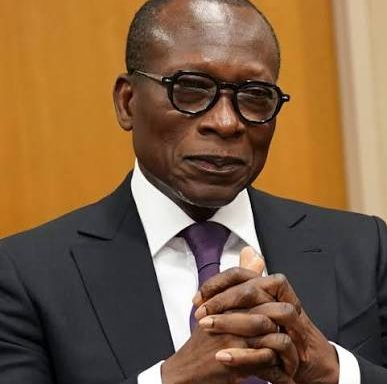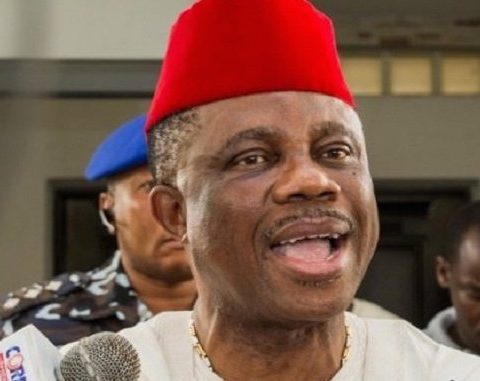Nigeria’s oil and gas sector recorded a couple of activities which led to significant changes in the upstream, and downstream.
Tinubu’s executive orders on oil and gas sector reforms
President Bola Tinubu had on 28th February 2024, signed three Executive Orders as part of the Federal Government’s commitment to improving the investment climate and position Nigeria as the preferred investment destination for Petroleum Sector in Africa. The executive orders include Oil and Gas Companies (Tax Incentives, Exemption, Remission, etc.) Order, 2024; Presidential Directive on Local Content Compliance Requirements, 2024; and Presidential Directive on Reduction of Petroleum Sector Contracting Costs and Timelines.
Join our WhatsApp ChannelUpstream
Major events in the upstream sector included oil licensing rounds, divestments of oil and gas assets, partnerships, and acquisitions.
2024 Licensing Round: In May, the Nigerian Upstream Petroleum Regulatory Commission (NUPRC) announced the commencement of the 2024 Licensing Round, providing opportunities for stakeholders to participate in the Nigerian oil and gas sector.
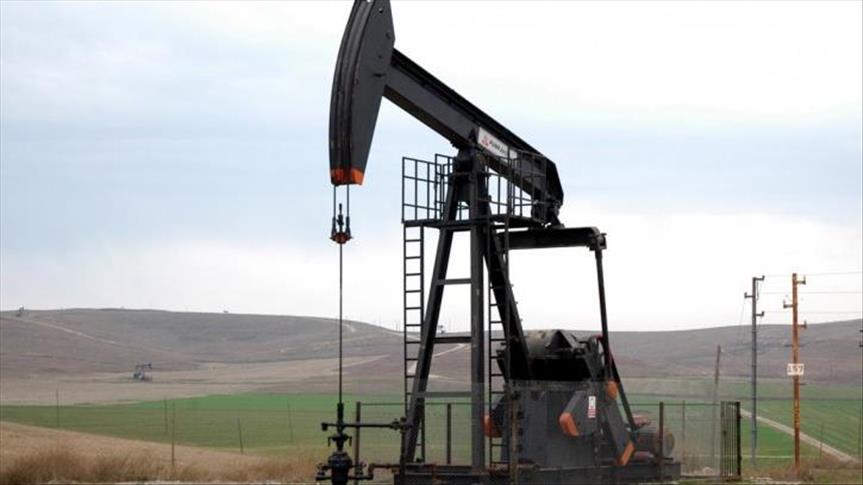
The NUPRC Chief Executive Engr. Gbenga Komolafe, who announced the licencing round at an event in Houston Texas, reiterated Nigeria’s commitment to advancing its oil and gas sector and highlighted incentives by President Bola Ahmed Tinubu’s leadership to attract the attention and involvement of international investors.
Also speaking at an Oil Week Conference held in Cape Town, South Africa, the NUPRC chief executive assured that the ongoing licencing round in Nigeria would be a huge step towards growing the nation’s oil and gas reserves through aggressive exploration and development efforts.
OML13 operation
The NNPC Exploration and Production Limited (NNPC E&P Ltd), and Natural Oilfield Services Ltd (NOSL), a subsidiary of Sterling Oil Exploration & Energy Production Company Ltd (SEEPCO), successfully commenced oil production at Oil Mining Lease (OML) 13 in Akwa Ibom State, Nigeria.
The production, which started on the 6th of May 2024 with 6,000 barrels of oil is expected to be ramped up to about 40,000 barrels per day.
Major Divestments/acquisitions
There were divestments of onshore oil assets, especially by international oil giants to local companies in 2024. The IOCs moved to offshore. According to reports, they were abandoning onshore because of problems associated with vandalisation of oil infrastructure, theft/sabotage, environmental pollution, and conflicts with host communities.
Some of the major ones include: TotalEnergies sale of onshore assets, ExxonMobil to Seplat Energy, Equinor’s asset sales to Chappal Energies, Oando’s acquisition of Agip, Shell’s Investment in Bonga North Project among others.
TotalEnergies sold its 10 per cent stake in the Shell Petroleum Development Company to an indigenous firm, Chappal Energies.
ExxonMobil and Seplat Energy deal: ExxonMobil and Seplat Energy Plc concluded the process for the acquisition of Mobil Producing Nigeria Unlimited (MPNU) by ExxonMobil. The acquisition deal which covers stakes in four oil mining licenses – OMLs 67, 68, 70 and 104 – and is worth about $1.3 billion, makes Seplat Nigeria’s biggest domestic player with net output set to rise by 71,000 bpd from the 47,525 bpd as of September.
Equinor and Chappal Energies deal: Equinor a Norwegian energy company, sold its Nigerian assets, a 53.85 per cent ownership in oil and gas lease OML128 Chappal Energies. The asset sale also includes a 20.21 per cent stake in the Agbami field, all worth about $1.2 billion.
Oando acquisition of AGIP: Oando, a Nigerian indigenous oil and gas company, completed the acquisition of the Nigerian Agip Oil Company (NAOC) from an Italian energy firm, Eni. The deal is worth $783 million. Eni divested his interest in the business to focus on offshore operations.
Shell Investment in Bonga North Deepwater Project: Shell recently made a final investment decision (FID) on the Bonga North deep-water project located off Nigeria’s coast. Shell has a 55 per cent stake in the $5 billion offshore investment. With an estimated recoverable resource volume of more than 300 million barrels of oil, it is projected to reach a peak production of 110,000 barrels of crude oil a day, with its first oil anticipated by the end of the decade.
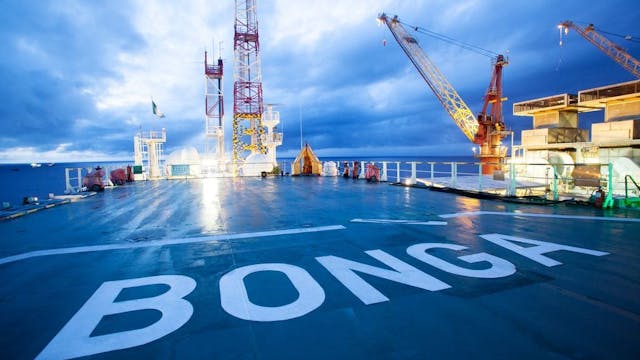
Other major acquisition is NNPCL and TotalEnergies FID on Ubeta oilfield. NNPCL and TotalEnergies had announced a Final Investment Decision on the Ubeta oilfield (OML 58). This partnership deal is valued at $550 million. The project is focused on extracting approximately 900 cubic feet of non-associated natural gas from the oil field located in the Niger Delta region.
Downstream
One of the key developments in Nigeria’s downstream oil and gas industry in 2024 is the coming onstream of Dangote Petrochemical Refinery. The 650,000 barrels per day refinery in Ibeju-Lekki, Lagos, commissioned in May 2023, commenced operations in January 2024. It began with diesel and aviation fuel production and later started producing Premium Motor Spirit (PMS), also known as petrol in September. This marked the resumption of local refining of petroleum products after more than two decades. It is also a significant milestone in Nigeria’s journey towards energy self-sufficiency.
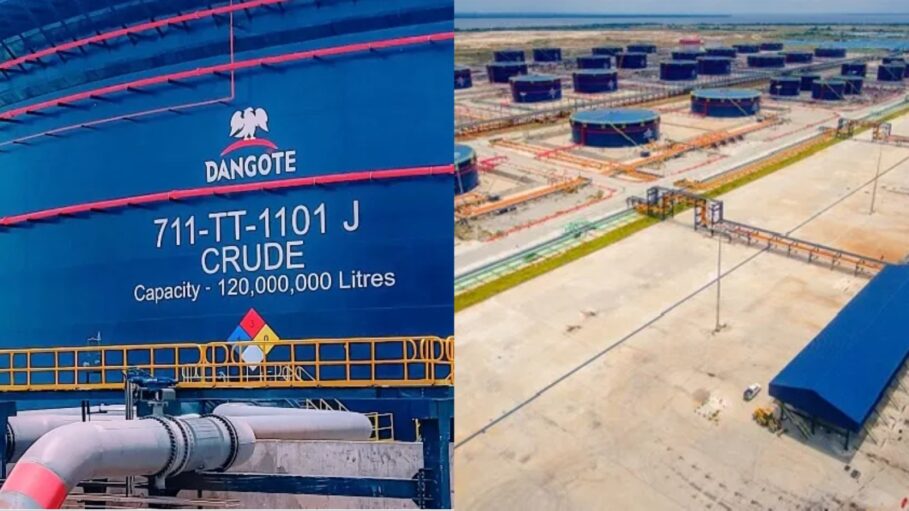
With the high cost of petrol which came with the removal of subsidy on the commodity, experts have averred that an increase in local refining and supply would lead to price reduction and availability.
Deregulation of the PMS market
Another interesting development in the downstream petroleum sector in Nigeria in 2024 is the deregulation of the PMS market.
Shortly after the commencement of refining and supply of PMS by Dangote Refinery, the Federal Government declared full deregulation of the market, meaning no more fixing of prices.
The deregulation of the Premium Motor Spirit (PMS) market in Nigeria is a significant development aimed at promoting efficiency and ending the scarcity of petroleum products.
READ ALSO: Competition Sets In As NNPCL, Like Dangote Refinery, Slashes Petrol Price
Experts believe that deregulation will improve the efficient use of scarce resources, end the scarcity of products, and improve the sector as operations will be governed by market rules.
However, there are concerns about the impact of deregulation on the common man, as the removal of subsidies may lead to higher fuel prices. To mitigate this, there have been calls on the government to implement measures that cushion the effects of deregulation on citizens in the interim.
Compressed Natural Gas Development
As part of measures to provide alternative cheaper means of transportation after the petrol subsidy removal, the Federal Government launched the Presidential Compressed Natural Gas Initiative (P-CNGi). This initiative aims to promote the use of compressed natural gas as a cleaner and more sustainable energy source.
READ ALSO: Between Fuel Price Burden And CNG Conversion Cost: The Dilemma Of Nigerians
The government deployed CNG buses in different states across the country and also established centres for the conversion of diesel and petrol-powered vehicles to run on CNG.
Though the Federal Government offered to subsidise the cost of conversion for group of vehicle users, there are still concerns about the cost, especially for average Nigerians, and also safety.
Victor Ezeja is a passionate journalist with seven years of experience writing on economy, politics and energy. He holds a Master's degree in Mass Communication.


